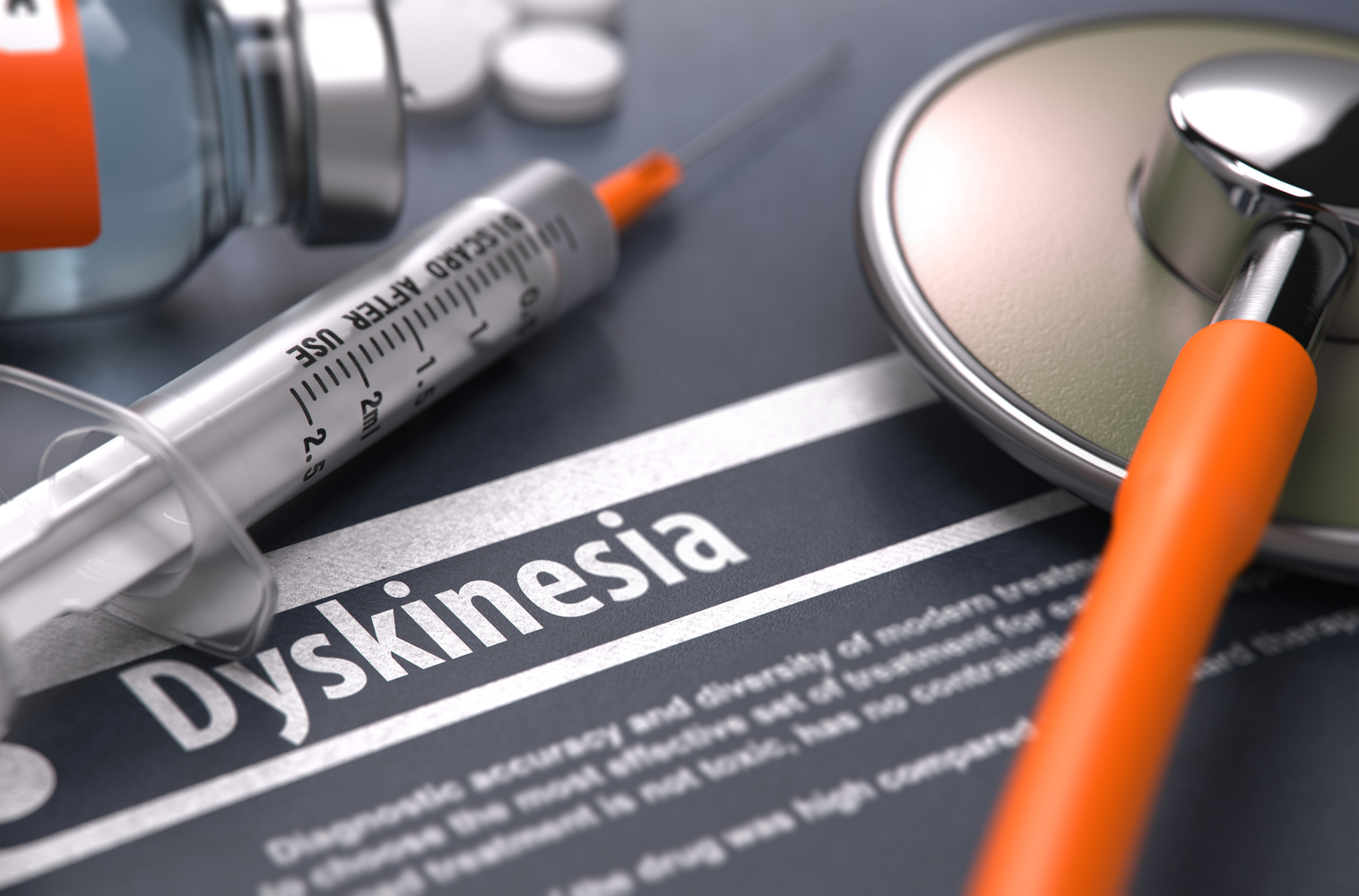
Dyskinesia And Tremors – Warning Signs That Must Not Be Overlooked
Dyskinesia causes involuntary jerky movements that are had to control. When you are exploring possible treatment options for dyskinesia and tremors, there are some warning signs that you should not overlook at any cost. While not every person suffering from dyskinesia will develop complications, one needs to know which factors can make the condition worse and treat it in time.
New treatment options for dyskinesia and tremors are coming out every day, and people with this condition are finding it easier to handle it. Dyskinesia is commonly found in those who have been diagnosed with Parkinson’s disease, and it is brought on because of over usage of the levodopa drug for treating Parkinson’s. Here are some of the main triggers of dyskinesia:
- Stress can trigger a variety of reactions in our bodies, and in those with Parkinson’s, high stress levels can cause dyskinesia. Many daily activities are known to elevate stress levels and this means that the chances of developing dyskinesia are also heightened. Parkinson’s patients have trouble preparing meals, getting dressed, or even walking. So, it is important to make sure that a person diagnosed with Parkinson’s is not overly stressed as this will increase the frequency of jerky movements.
- Anger is also known to be a trigger of dyskinesia and this is common because patients often get frustrated with their caregivers and vice versa. You need to make sure that communication between family members and caregivers on the one hand, and the patients on the other, are smooth and open. Misunderstandings can cause patients to become agitated and angry. Being in touch with support groups can help them manage their conditions better.
- Moments of joy and laughter can lead to dyskinesia as well. This is because this condition is largely influenced by whatever is happening in and around you, whether it is sadness or happiness.
- When you are sleep deprived, you can suffer from severe symptoms of dyskinesia. Symptoms like cramping or muscle stiffness make it hard for people with Parkinson’s to sleep undisturbed. So, when treating dyskinesia, it is important to attach a lot of importance to a proper sleep-wake schedule for the patient.
- High protein intake can worsen dyskinesia symptoms in people. So, you need to know how and when to take your medicines with food. For this, you have to know how levodopa works in your body and the ways in which it interacts with food. A high-protein snack will interfere with ways in which this drug is absorbed, thereby deteriorating the fluctuations associated with levodopa treatment. It is best to consult a dietician for planning meals or snacks so that the patient gets the right amount of protein.
- Because of over medication, dyskinesia symptoms can worsen, and so when treating it, you need to know how to balance the dosage. Excess levodopa will trigger dyskinesia, and worsen other Parkinson’s symptoms. At the same time, too little intake will make the patient stiffer and slower. So, you must work in sync with your doctor in order to find an optimum dose.
These are some red flags that you must not overlook when you are trying to find the best treatment options for dyskinesia and tremors.


